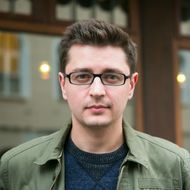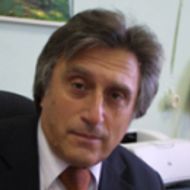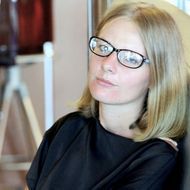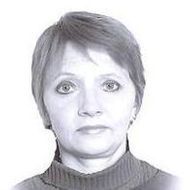В старых версиях браузеров сайт может отображаться некорректно. Для оптимальной работы с сайтом рекомендуем воспользоваться современным браузером.
✖
- A
- A
- A
- ABC
- ABC
- ABC
- А
- А
- А
- А
- А
Regular version of the site
ФКН
- HSE University
- Educational Departments
- Faculty of Humanities
- School of Philosophy and Cultural Studies
- International Academic Staff of the School
-
School
- About the School
- Faculty Members
- International Faculty
- Scientific activity
- Educational activity
-
Research Groups
-
Educational Programmes
-
Conferences
Address: 21/4 Staraya Basmannaya Ultisa, building 1, room 414в
Phone: +7 495 772-95-90*22692
Email: aengovatova@hse.ru
Administration
Head of the School
–
Alexander Pavlov
Academic Supervisor
–
Vladimir N. Porus
Deputy Head of the School
–
Dina Shulyatieva
Manager
–
Natalia Zakharova
International Academic Staff of the School
Andrew Haas
Associate Professor
Andrew Haas works in the history of philosophy (especially ancient Greek philosophy and German idealism) and contemporary European philosophy. He is the author of Hegel and the Problem of Multiplicity (2000), The Irony of Heidegger (2007), and Unity and Aspect (2018), as well as numerous articles. Haas' current research focuses on the history of metaphysics and its implications for contemporary thought. He has been at HSE since 2013. He is a tenured faculty since 2019.
Stefan Hessbrüggen-Walter
Associate Professor
Stefan Heßbrüggen-Walter studied philosophy, musicology, and sociology at the Westfälische Wilhelmsuniversität Münster and graduated with a dissertation on Kant's notion of a faculty in the Critique of Pure Reason. He then worked as 'wissenschaftlicher Mitarbeiter' at Germany's only distance teaching university, the Fernuniversität Hagen. He is interested in the history of German philosophy between Melanchthon and Kant and philosophy as part of the digital humanities. He is a tenured faculty since 2019.
Silver Bronzo
Assistant Professor
Silver Bronzo received his PhD from the University of Chicago in 2015 and has been at HSE since 2016. He works especially in the History of Analytic Philosophy and contemporary Philosophy of Language. He has a soft spot for Wittgenstein, but is also very interested in Frege, Russell, Ryle, Austin, Anscombe, Cavell, and McDowell. Topics that interest him include: the relation between contextuality and compositionality; the nature of linguistic signs; the relation between syntax, semantic, and pragmatics; and the nature of truth-bearers and truth.
Brian McLoone
Assistant Professor
Brian McLoone works on issues in philosophy of biology and philosophy of science. He received Ph.D. in Philosophy from the University of Wisconsin–Madison in 2016. Since September 2017, he is an Assistant Professor in the School of Philosophy at the National Research University Higher School of Economics in Moscow, Russia.
- About
- About
- Key Figures & Facts
- Sustainability at HSE University
- Faculties & Departments
- International Partnerships
- Faculty & Staff
- HSE Buildings
- HSE University for Persons with Disabilities
- Public Enquiries
- Studies
- Admissions
- Programme Catalogue
- Undergraduate
- Graduate
- Exchange Programmes
- Summer Schools
- Semester in Moscow
- Business Internship
- © HSE University 1993–2026 Contacts Copyright Privacy Policy Site Map
- Edit



